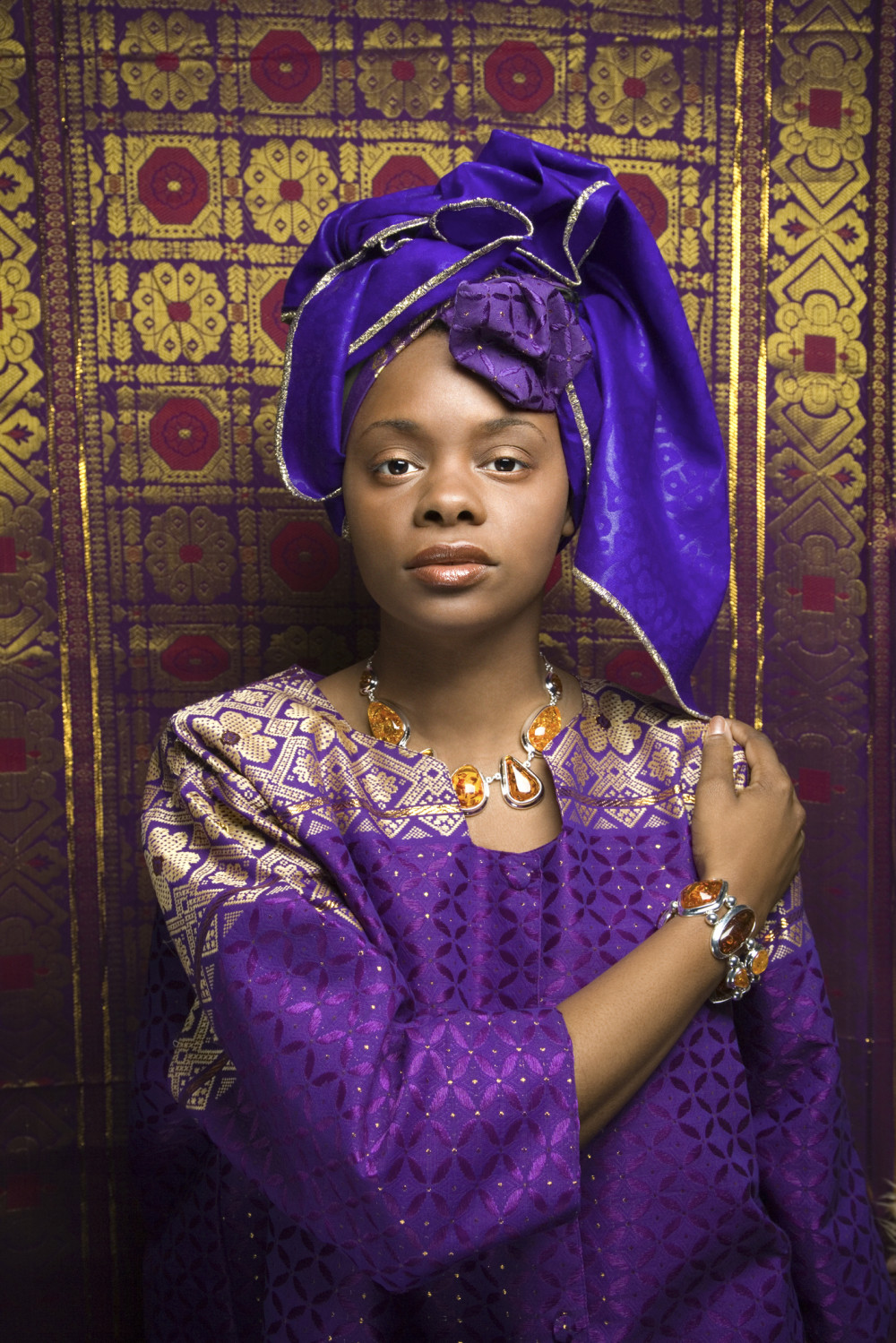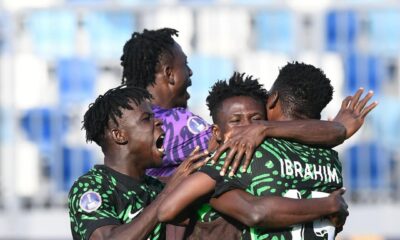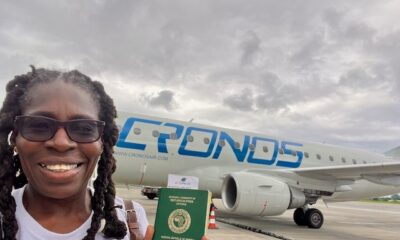Features
Beyond Empty Stats…Victims of Terrorist & Violent Attacks in Nigeria Are People Like You
When next we read the news of insurgency in Nigeria, let us put a name and a face to the lives lost. Let people know that Farida who was beheaded was a volunteer whose dream was to end poverty in the North. Let them know that Taofeek had plans to educate Almajiri children and take them off the streets. Let people know that Nneka – who was a final year medical student – was just visiting when she was waylaid by terrorists and murdered.
 Since Boko Haram began operation in 2009, they have killed tens of thousands of people, displaced over 2 million Nigerians and over 550,000 people in Cameroon, Chad, and Niger. The most recent statistics show that there are over 244,000 Nigerian refugees, scattered across neigbouring countries.
Since Boko Haram began operation in 2009, they have killed tens of thousands of people, displaced over 2 million Nigerians and over 550,000 people in Cameroon, Chad, and Niger. The most recent statistics show that there are over 244,000 Nigerian refugees, scattered across neigbouring countries.
Recently, over 50 Nigerian soldiers were killed in an ambush near Goneri village in northern Yobe state. In Chad, 92 soldiers Chadian soldiers were killed in the deadliest attack by Boko Haram jihadists on armed forces in the country.
In 2019, no fewer than 1013 people were killed in, at least, 416 conflicts and violent attacks in the Niger Delta. In 2018, there were 351 incidents and 546 deaths.
In 2018, extremists were responsible for the majority of terror-related deaths in Nigeria at 1,158 fatalities. Terror-related deaths and incidents attributed to herdsmen increased by 261 and 308 percent respectively from the prior year. Of 297 attacks by herdsmen, over 200 were armed assaults. Over 84 percent of these armed assaults targeted civilians. 300,000 people were also forced to leave their homes. The deadliest terrorist incident in Nigeria in 2018 was carried out by herdsmen when 58 people were killed in Gwaska, Kaduna.
The GTI report ranked Nigeria, for the fifth consecutive time since 2015, as the third country with the worst impact from terrorism, globally, after Iraq and Afghanistan.
In the many crisis, riots, and clashes in Nigeria, lives have been lost, properties have been destroyed, people have been maimed and made handicap, cities have been ruined, people have lost their homes – lost everything and have been forced to start all over again.
Some have been fortunate enough to bounce back, many have fled to other cities, some gave up on life and welcomed death with open arms, while many have not recovered up until now. In the tussle for political power, economic advantage and affluence, many innocent Nigerians have had their lives either cut short or changed in a million and one negative way. They are like the grasses that suffer when elephants fight.
In all of these, the world has moved on, people have gone about their daily activities, politicians are still looting the funds meant for security and the lives being cut short are just numbers to be added to the current statistics.
Humanizing the Stories Victims of Crisis In Nigeria
It is very common to hear that 50 people have been killed in an attack, or 100 people have been ambushed or slaughtered on the way to Abuja, or 200 girls were kidnapped and married off. At first, these numbers used to be the biggest headlines in newspapers or the hot topic for days. Nigerians used to be worried and for days, the country would be silent and cold – pain creasing the lines on people’s faces as they mourn and pray for the peace of the land. Today, the news of riots and crisis in Nigeria have been too frequent and Nigerians have tucked in their prayers underneath their tongues and moved on as though nothing happened. The loss of lives and properties to insurgency has almost become ‘normal’.
We need to start humanizing the stories of crisis, terrorism and insurgency in Nigeria. We need to go beyond reporting just the numbers of people that died to putting up their faces, talking about the communities they belonged, the jobs they were doing, the sports or hobbies they enjoyed. We need to put faces to those who have been killed. Let people see them, let people know them, let people feel their absence. Let people know that we have lost valuable humans – people who just wanted to live and contribute positively to the betterment of this country. The soldiers who died recently are humans who laid down their lives so other people can sleep with their eyes closed. They were people who made plans for tomorrow, had dreams, fell in love and looked forward to seeing their loved ones again.
These people who have died are our parents, husbands, wives, siblings, friends, colleagues, neighbours. Their deaths have left a vacuum in people’s hearts – holes that may never be filled. The son who lost his mother will never get her back and the daughter who lost her father will never get him back. They are not just numbers to be lumped up with the rest, they are humans whose demise will forever change the lives of those who love them.
When next we read the news of insurgency in Nigeria, let us put a name and a face to the lives lost. Let people know that Farida who was beheaded was a volunteer whose dream was to end poverty in the North. Let them know that Taofeek had plans to educate Almajiri children and take them off the streets. Let people know that Nneka – who was a final year medical student – was just visiting when she was waylaid by terrorists and murdered.
We need to rejuvenate our dying empathy and put pressure on those who lead us to pay better attention to insurgency in Nigeria and stop embezzling funds meant for security. We need to stop saying ‘eeya’ and just move on like that. We need to wear other people’s shoes and realise that terrorism is no respecter of status – it could be us next time.
We need to humanize the stories of these victims.






















